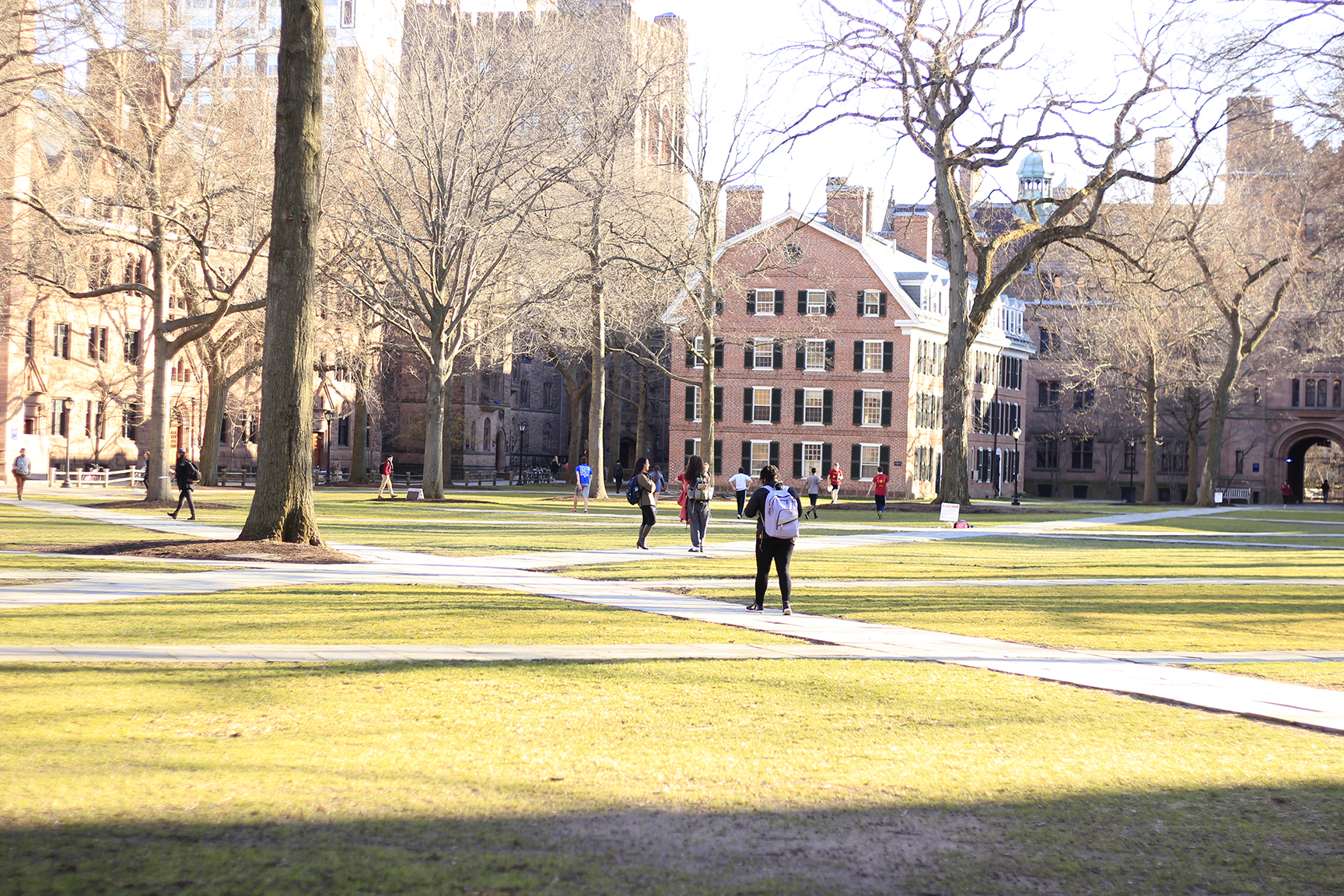
After beginning to roll out the new terminology in formal correspondence early last spring, University administrators have now begun the process of replacing the terms “freshman” and “upperclassman” with the gender-neutral terms “first year” and “upper-level students” in official campus publications, such as the Undergraduate Regulations and the First-Year Handbook.
The new terminology will likely appear in all publications and communications by the start of the next academic year, according to Yale College Dean Marvin Chun. Yale College Dean’s Office staff members were told about the change in an email last week, according to Director of Strategic Communications for Yale College Paul McKinley. Chun informed Yale College faculty about the change in an email Thursday afternoon.
In an interview with the News, Chun emphasized that the memo was distributed to notify faculty and staff how the administration now refers to its students, without attempting to dictate to recipients that they use any specific terminology.
“It’s really for public, formal correspondence and formal publications … we’re not trying to tell people what language to use in their everyday casual conversations,” Chun said. “We’re not trying to be language police.”
While Chun praised the new terminology as “modern,” he acknowledged that the terms “freshman” and “upperclassman” are deeply ingrained in everyday language and in Yale’s history. In his email to faculty on Thursday, Chun said he expects that students, staff and faculty will continue to use these terms as they see fit, “without feeling that anyone is out of compliance with an official policy.”
Yale began to consider the language change last year amid growing calls for greater gender inclusivity on campus. By the spring, the informal practice of substituting the term “freshman” with “first year” was becoming increasingly widespread. For instance, Assistant Dean of Student Affairs Hannah Peck used the new term in a March 30 email to the 2017–18 class of First-Year Counselors informing them that they had been accepted for the position.
However, administrators had not then publicly raised the possibility of substituting “upperclassmen” with “upper-level students.”
Dean of Student Affairs Camille Lizarríbar, who led the campus conversation about the change, told the News in March that replacing the term “freshman” is something administrators had been thinking about for some time, adding that several peer institutions had already made the move.
The University of North Carolina struck the word “freshman” from its official documents in 2009, with the University of Emory following suit in 2015. Dartmouth College, Cornell University and Columbia University also use the term “first year” in most official publications.
In March, former Yale College Dean Jonathan Holloway noted that, for as long as he could remember, parents and students had occasionally expressed frustrations about the term “freshman” being gender-specific. According to Holloway, the conversation over replacing the term picked up steam due to Lizarríbar, who celebrated her one-year anniversary in the deanship last semester.
According to McKinley, since the change formally came into place, the Dean’s Office has received technical questions about the usage of the new terminology. In order to address queries concerning usage, punctuation and capitalization, a brief guide now appears on the staff section of the Yale College Dean’s Office website.
There are 1,580 first-year students enrolled at Yale.
Zainab Hamid | zainab.hamid@yale.edu







